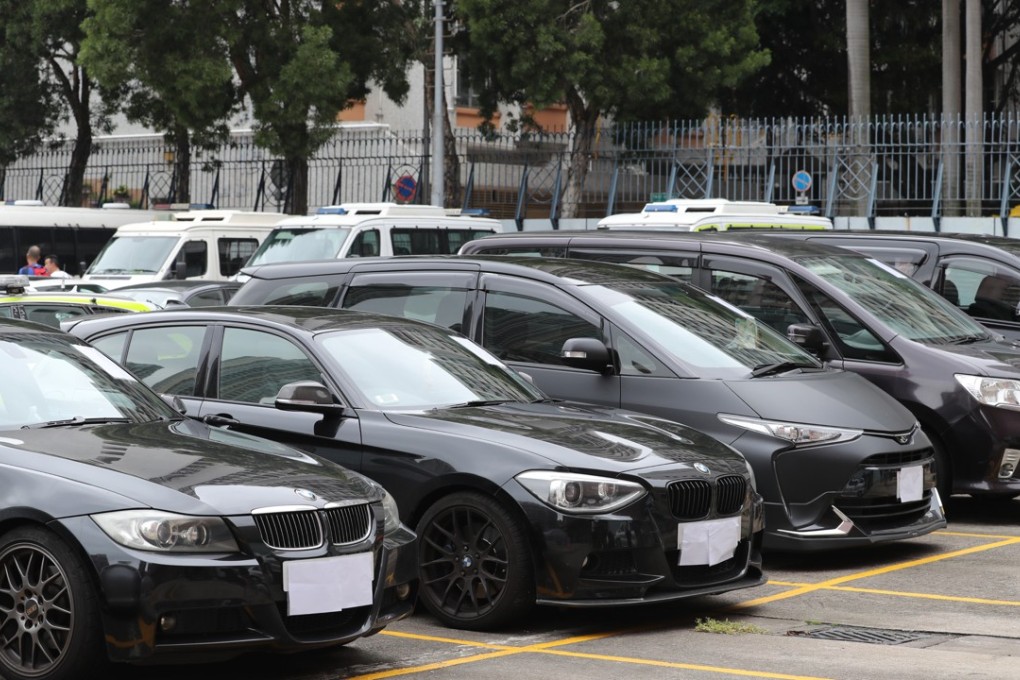Mind the Gap | Hong Kong’s Uber arrests show the city’s talk of innovation cowers before a monopoly
The arrests signal and symbolise what the Hong Kong government really thinks of technology: write all the apps you wish but do not undermine any of our monopolies. Or we will shut you down

The taxi driver whipped out a tired-looking placard and reminded me of yet another regular increase in local taxi fares.
I paid cash, without complaining, for another uncomfortable ride in a dilapidated taxi that does not take credit, debit or stored-value cards and devices – in the 21st century.
It was like an existential scene out of Martin Scorsese’s Taxi Driver, where the loser-hero cannot understand the senselessness of the situation.
My fellow columnists at the South China Morning Post have accurately explained what is going on here: a craven defence of politically connected owners of grossly inflated taxi licences against Uber. But there is a darker, more ignorant and sinister conspiracy against technology development in Hong Kong.
Technology is only supported if you do not threaten traditional, entrenched industries in the city – no matter what service improvements you offer for the general public.
Last week, 22 Uber drivers were arrested in Hong Kong on suspicion of driving without a permit to operate a hired car and without third-party insurance during a three-week undercover police operation that ended with a series of raids across the city.
